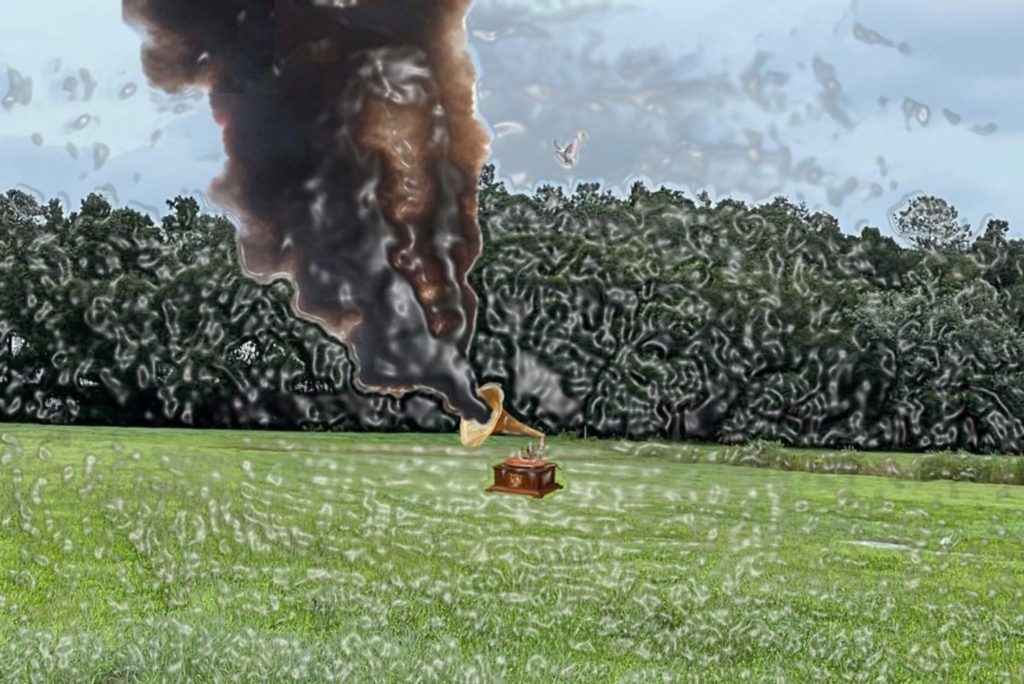
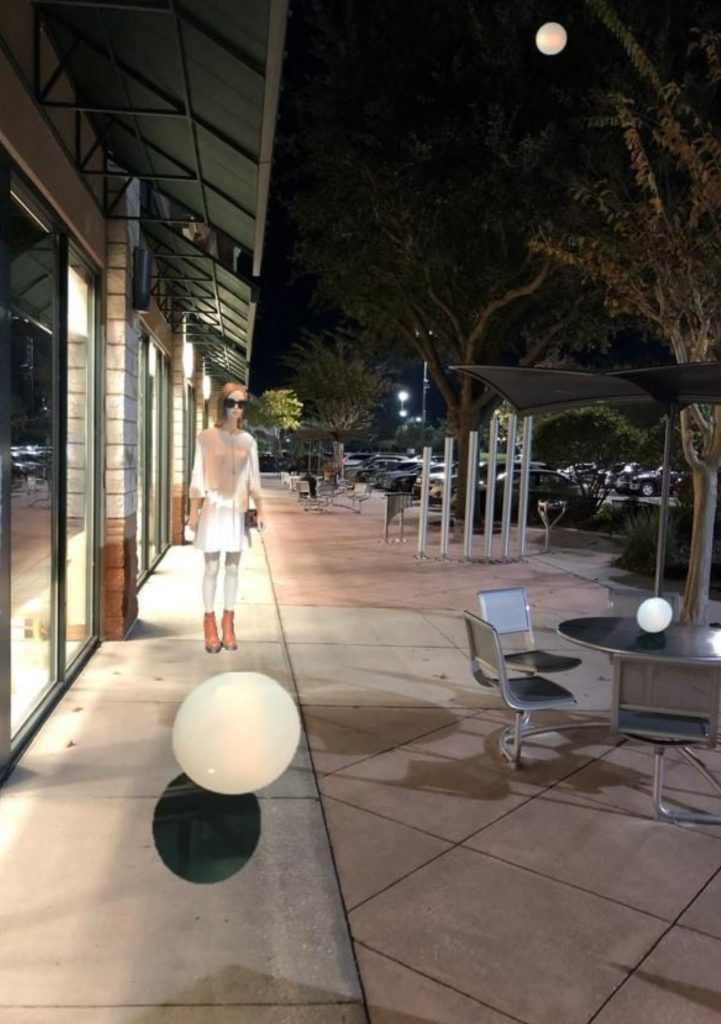
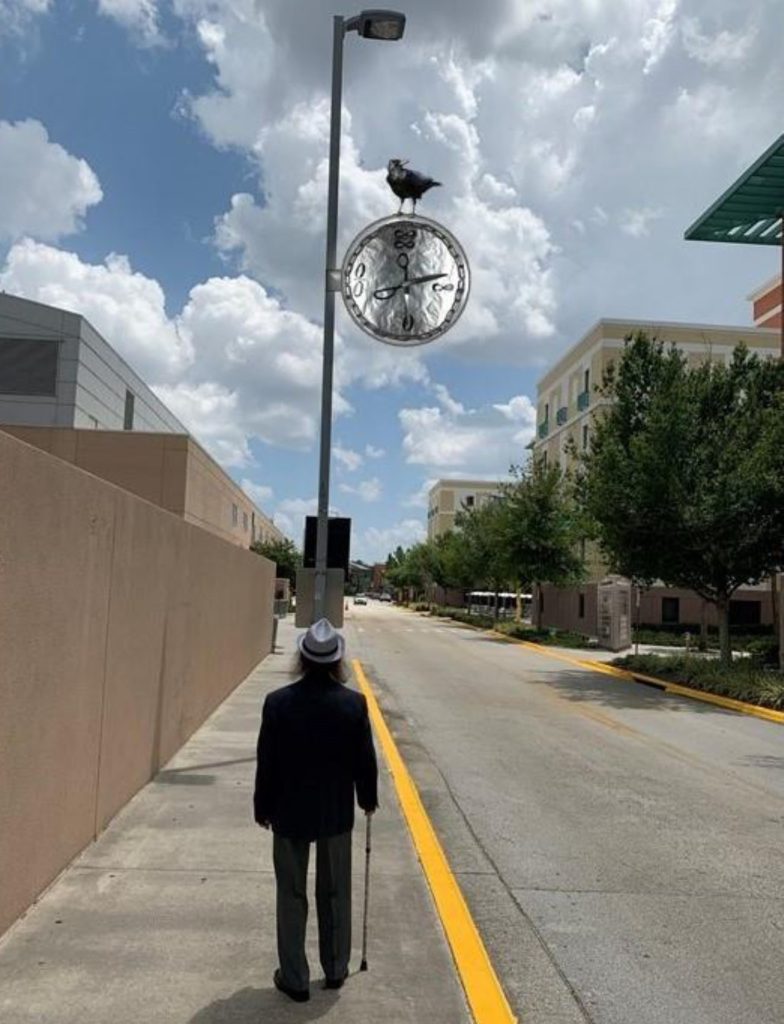
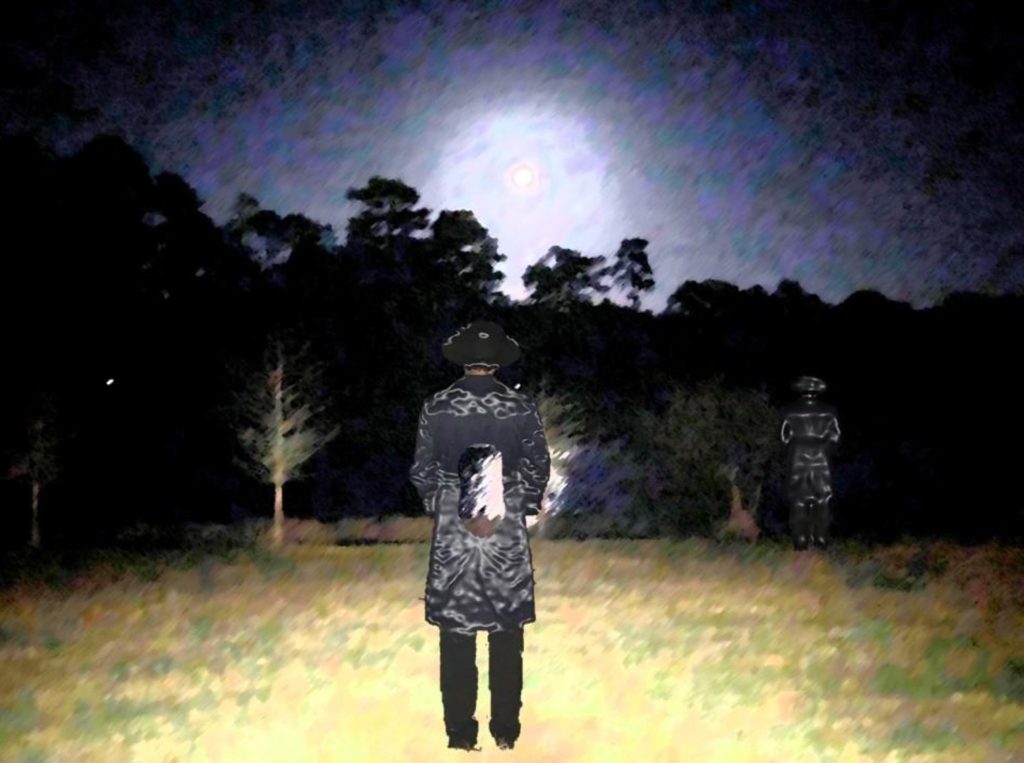
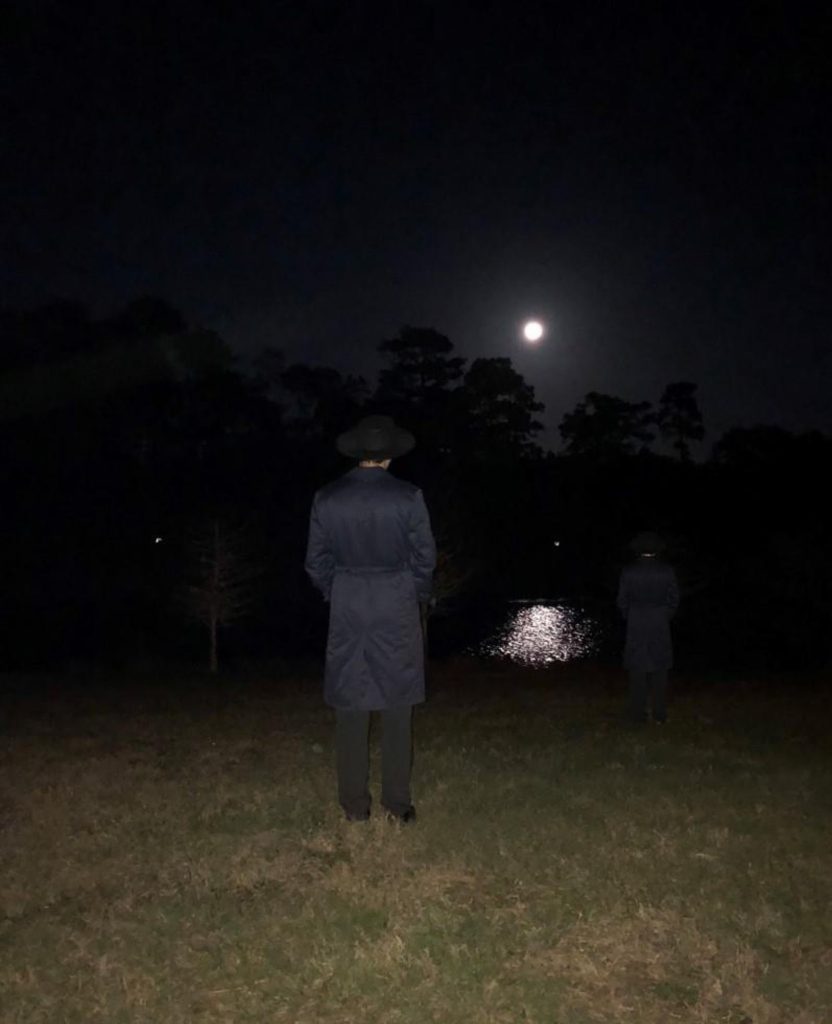
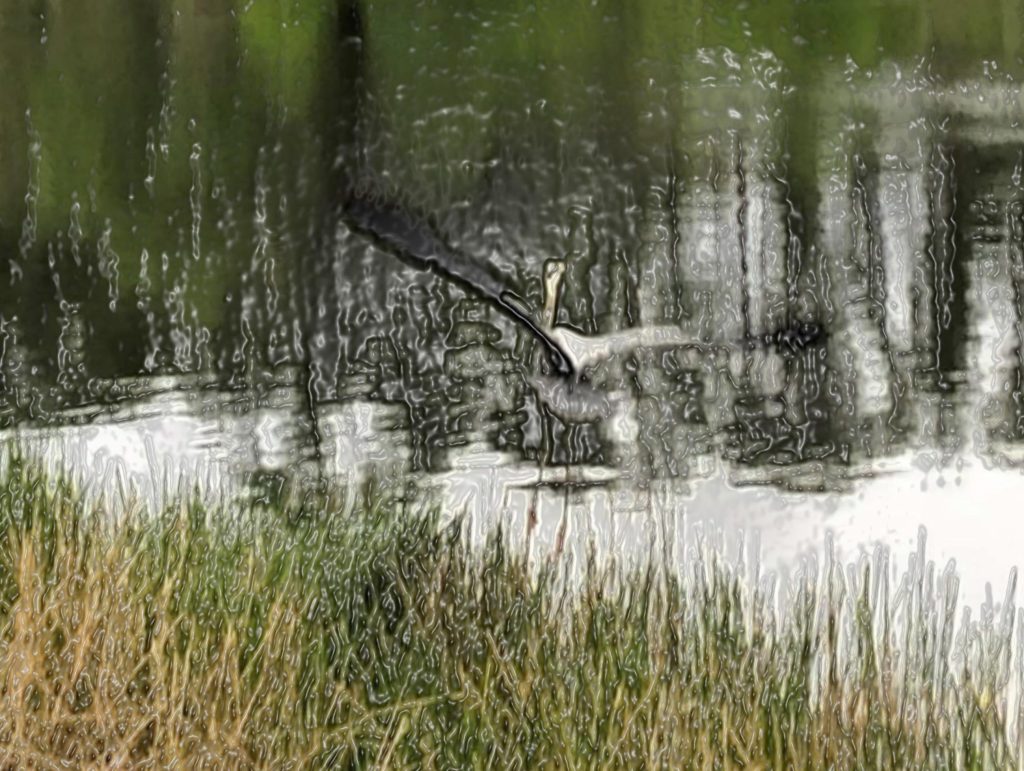


Who Am I?
[Originally published in the Somerville Times & Fleury’s book You Are Enough: The Journey to Accepting Your Authentic Self]
if you peel layer
upon layer
upon layer
maybe then and only then
you will find me...
for i am a multilayered entity...
a building block of heterogeneity
i can be fierce and unflinching
apathetic and also doting
docile and also volatile
lovable and also irritable
compulsive and also discernible
I am a man
I am a “black” man
I am an American
I am a “black” American
I am a DNA test from
Ancestry dot com’s family tree
And twenty-three and me
I am African ancestry
I am Afro Haitian ancestry
I am European ancestry
I am the legacy of a middle class family in Haiti
I am the legacy of America’s social and economic disparity
I am the story of Horatio Alger’s characters thriving over adversity
I am a malady
I am a remedy
i am a rainbow
i am a shadow
I am a son
I am a brother
I am an uncle
I am an author
I am an educator
And pervasive human valor coconspirator
I am in attrition
I am in progression
I am an amalgamation
I am perfectly imperfect
And imperfect perfectly
I am a thesis of social injustice
I am a vision of personal apotheosis
I am all this and more...
I am ME!

Jacques Fleury is a Haitian-American poet, author, educator and literary arts student at Harvard University online. His book “You Are Enough: The Journey to Accepting Your Authentic Self” & other titles are available at public libraries, The Harvard Book Store, The Grolier Poetry Bookshop, Amazon etc…
Spock! Spock!
It’s clearly the wrong Spock.
The whole point of the right Spock
was that he was right,
Nimoy slightly stooped, the long face
impassive not with lack of emotion
but with the contained quiet of competence.
You could trust him to jettison the fuel,
to identify the imposter and brave the radiation,
to boldly go with raised eyebrow and without fuss
into the plot holes and out of them,
like a tricorder tracking the moral law.
He said, “it is logical,” but he meant, “It is good.”
And then along comes Ethan Peck
with a beard and a tragic backstory
babbling about child development
as if the only character worth having is trauma.
If you want a character defined by trauma
why make him Spock?
If you want a character who is Spock
why define him by trauma?
What is the logic of an identity
that is not an identity?
Maybe there is no logic to identity.
There is no Spock. Spock is just an image
you watch because you are you.
He is behind you like a tragic backstory
and before you like a tragic backstory.
You cannot escape him
as you cannot escape your own beard
which grows like narrative out in space
a rough fuzz on the viewscreen.
It makes a brittle sound like the teeth of a comb
which says, “Spock! Spock!”
Both of them turn.
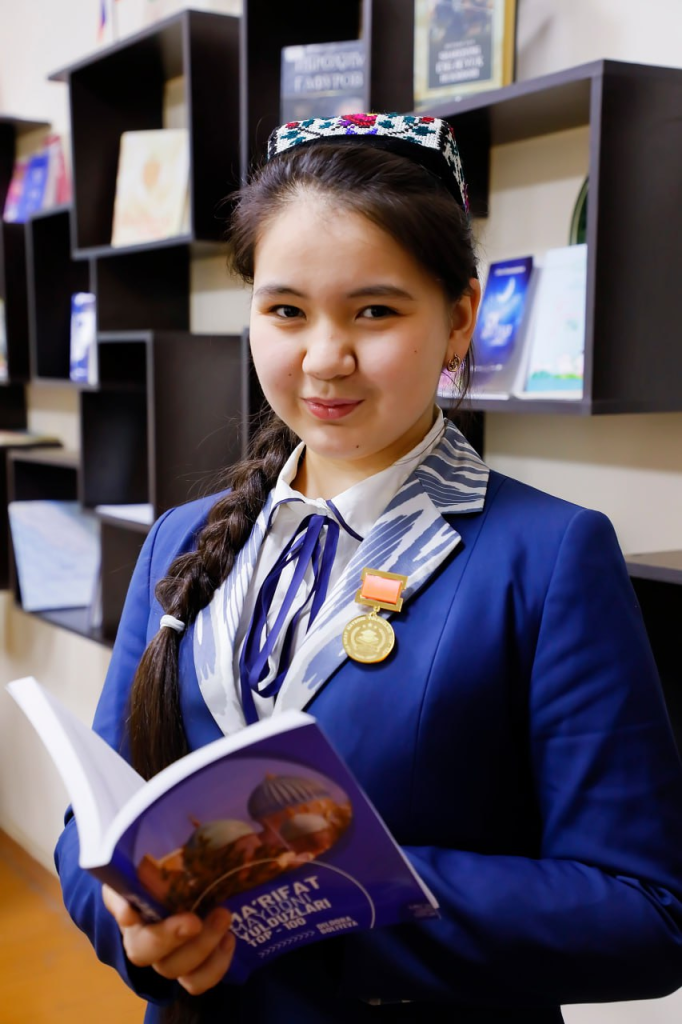
The Adventures of Zippy the Sparrow In a vibrant forest where the trees stretched toward the heavens and the rivers sang songs of ancient times, there lived a little sparrow named Zippy. Zippy was no ordinary bird—she was filled with a boundless curiosity and an insatiable love for adventure. While most of the other birds were content to stay within the safety of the forest, Zippy dreamed of exploring the world beyond. She would often sit on the highest branch of the tallest tree, gazing at the horizon, wondering what lay beyond the mountains, rivers, and valleys she had never seen. One day, Zippy decided it was time to follow her dreams. With a flutter of excitement, she spread her wings and set off on her first grand adventure. The forest quickly became a patchwork of green beneath her as she soared higher and higher, her heart racing with anticipation. Zippy's first stop was a sparkling lake that shimmered like a jewel in the sunlight. As she swooped down to take a drink, she met a wise old turtle basking on a rock. "Hello, little bird," the turtle said with a warm smile. "What brings you to this part of the world?" "I'm on an adventure!" Zippy chirped, her eyes gleaming with excitement. "I want to see everything there is to see!" The turtle chuckled softly. "The world is vast and full of wonders, young one. But remember, the greatest adventures are often found in the smallest places." Zippy thanked the turtle and continued on her journey, flying over hills and valleys, across rivers and meadows. She met all sorts of creatures—a family of playful otters, a wise old owl, and a friendly fox who shared stories of faraway lands. One day, as Zippy was flying over a dense forest, she noticed a strange and mysterious fog. The trees below seemed to whisper secrets, and the air was thick with mystery. Undeterred, Zippy dove into the fog, eager to uncover its secrets. Inside the fog, Zippy found herself in an enchanted grove, where the trees were adorned with sparkling lights, and the air was filled with the sweet scent of flowers. At the center of the grove was a beautiful, glowing crystal that pulsed with a gentle light. As Zippy approached the crystal, she felt a warm, comforting presence. "Welcome, brave sparrow," a voice whispered. "You have shown great courage and a true love for adventure. This crystal holds the heart of the forest, and it is said that those who find it are granted a special gift." Zippy felt a surge of joy as the crystal's light enveloped her. In that moment, she realized that her love for adventure had led her to something truly magical—a deeper connection with the world around her. With a heart full of wonder, Zippy flew back to her forest home, where her fellow birds greeted her with awe and admiration. She shared her stories with them, telling of the sparkling lake, the wise turtle, and the enchanted grove. From that day on, Zippy was known as the bravest bird in the forest, and her adventures became legendary. But no matter how far she traveled or how many wonders she discovered, she always remembered the turtle's words—that the greatest adventures are often found in the smallest places. And so, Zippy continued to explore the world with an open heart, always ready for the next adventure, no matter how big or small. Tursunboyeva Nigora Abdumannob qizi was born on February 23, 2009, in Uzbekistan. She is currently a 10th-grade student at the Is'hoqxon Ibrat Creative School. She is fluent in English, Russian, German, and Uzbek. Due to her interest in literature, she writes poems, stories, and articles. Her creative works have been published in numerous renowned international journals, such as The Mount Kenya Times, The Diaspora Times, Classico Opine, The Seoul Times, Raven Cage, Synchronized Chaos, Kavya Kishor, Orfeu.al, Elisa mascia and many other magazines and newspapers. This year, she won literary competitions and was awarded two medals. She is interested not only in creativity but also in volunteering, and she is currently continuing her volunteer activities. And she is an active member of the World Writers and Artists Working Group Juntos Por Las Letras.
Summer Snips hot land cities and small towns summer fried walls clothes on and shoes off soaking in the bathtub heat stroke birds in the fountain sipping cool water splashing wings moon tunes lovers humming songs owls joining in doves cooing in the dark of early dawn windows opening Shadow Moods combing her long hair in the dark bedroom sighing alone light on in front of the mirror touch of shadows old wooden porch sitting in his rocking chair sway of memories Heavenward children play even as the world shakes the unknowing Stephen Jarrell Williams can be found on (X) Twitter @papapoet
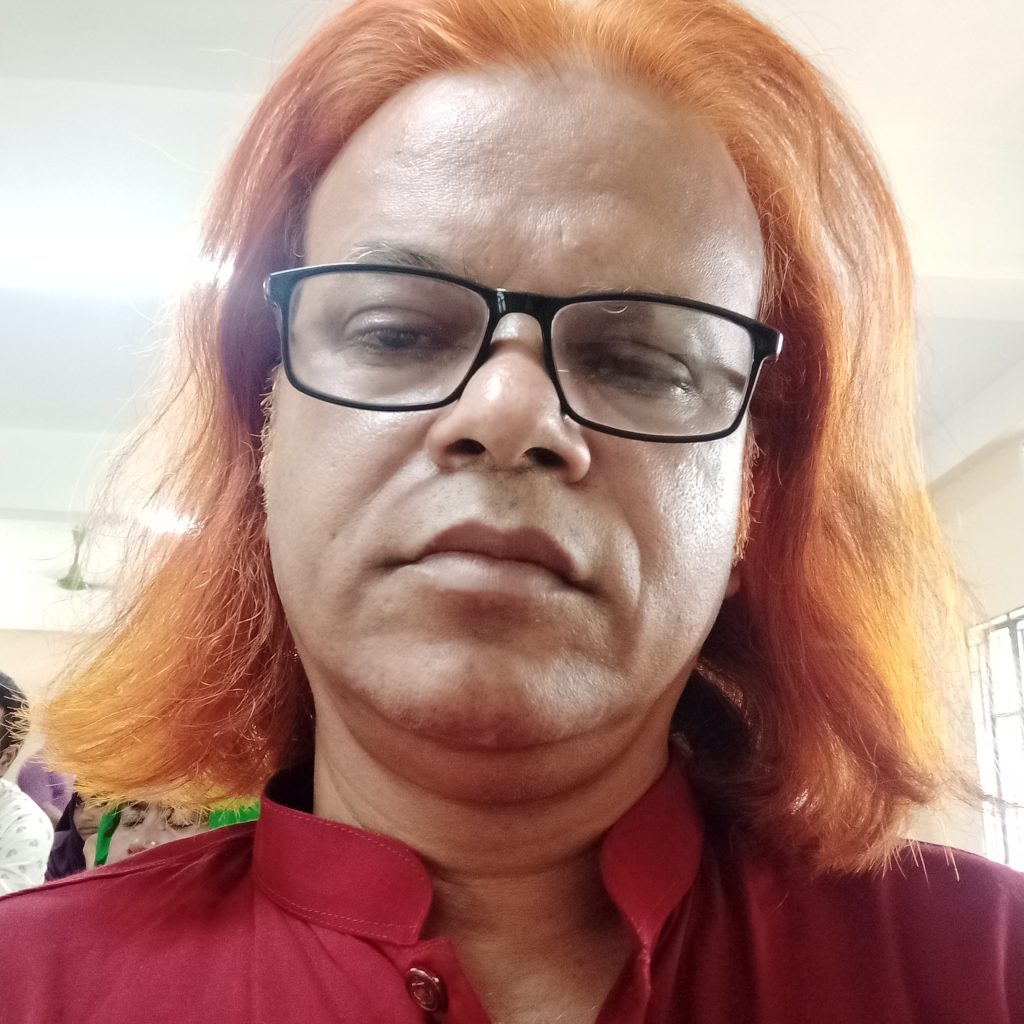
Prayer of a Sinner This is not everything, Not the end of everything. I have to go another world, Which is real but mysterious. Death is the media to enter the world That world will be endless And death will never be a visitor there. Death will be a dead stranger there. The ferry is ready to carry The earth is waiting Nature will adorn everything beautifully I have to lay down in the fixed room With a new dress of white cloth The dress will be without pocket and stich I shall have no chance to take anything. The room will be closed forever It will not have any door or window Bed will never be there Nobody will give company or anything I will be detoched from this world I will be attached with another world. My bones will not make sound My heart will not beat All the organs will be separated Only good deeds will be friend in the darkness And bad deeds will be snake I must be rewarded for my good deeds And disgraced for my bad deeds. The creator is the best justice Who will judge everything on the great day. Finally, I will get my permanent address Oh God, my Creator, You are great You are very kind I am a sinner I have done wrong things I have walked on the wrong track But I love you You are always in my beliefs Please forget my sin and forgive me I want your forgiveness.
FIT A cocktail party cruiser, a broker working the room, cornered me and asked, “What do you do to keep fit?” “Nothing,” I said. “I’m active but not for the sake of fitness. I hunt and fish.” “Oh,” he replied, “I run.” He looked at his watch, touched his wrist as if to check his standing heart rate, already looking for another prospect. “For What?” I asked. “To keep fit, of course.” “For what?” I repeated. He paused, smiled nervously and cleared his throat. “So I’ll live longer.” He was ready to bolt. “For what?” I asked again. He drifted off, shaking his head. He only had wrong answers Gregg Norman lives and writes in a lakeside cottage in Manitoba, Canada, with his wife and a small dog who runs the joint. His poetry has been placed in journals and literary magazines in Canada, USA, UK, Australia and India.